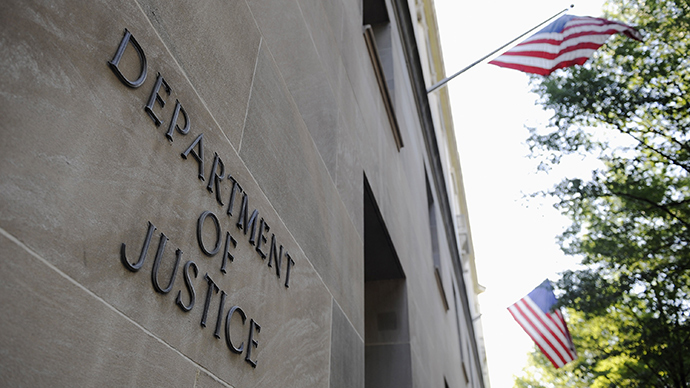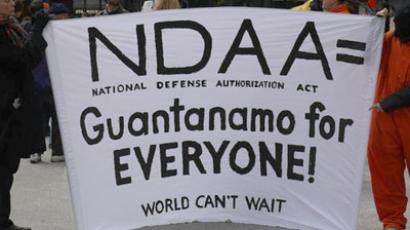US reportedly easing rules for no-fly list

The Obama administration will change the process by which travelers can seek to be removed from the federal no-fly list of terror suspects restricted from air travel, according to a new report.
The United States Justice Department said the process will change in the next six months, the Associate Press reported on Tuesday, though the government has offered few details on such changes.
In a court filing earlier this month, the government said it will "endeavor to increase transparency for certain individuals denied boarding who believe they are on the No Fly List."
The policy reversal comes after a federal judge ruled in June that it is unconstitutional for those on the list to not have any significant path to challenge their designation as a risk when flying to, from or within the United States.
As of one year ago, about 48,000 people were on the no-fly list, according to AP. It is the government’s policy to neither confirm nor deny that one is on the no-fly list, per security claims. Many assume they are on the list after they are routinely subjected to additional screening at airports, or are barred from flights altogether.
The post-9/11 counterterrorism program has been criticized for a lack of due process based on the opaque way the federal government has handled details of its no-fly list.
"It's long past time for the government to revamp its general procedures," said Hina Shamsi, an attorney with the American Civil Liberties Union.
Shamsi and others representing 13 Muslim-American plaintiffs who sued the federal government over its no-fly list policies argued that the list violates constitutional rights to due process.
"The court concludes international travel is not a mere convenience or luxury in this modern world. Indeed, for many international travel is a necessary aspect of liberties sacred to members of a free society," District Judge Anna Brown, of Oregon, wrote in the June decision.
"Accordingly, on this record the court concludes plaintiffs inclusion on the no-fly list constitutes a significant deprivation of their liberty interests in international travel," Brown said.
The plaintiffs in the case, which includes four veterans of the US military, insisted before the court that they only learned of their placement on the no-fly list once they arrived at airports and were promptly rejected. According to facts presented before the court, “Federal and/or local government officials told some Plaintiffs that they are on the No-Fly List,” yet efforts to earn their removal from the roster proved futile in every instance.
“Due to the major burden imposed by inclusion on the no-fly list,” Brown wrote, “Plaintiffs have suffered significantly including long-term separation from spouses and children; the inability to access desired medical and prenatal care; the inability to pursue an education of their choosing; the inability to participate in important religious rites; loss of employment opportunities; loss of government entitlements; the inability to visit family; and the inability to attend important personal and family events such as graduations, weddings and funerals.”
Outside of the no-fly list, the government also maintains a broader terror watch list and another list of those who require additional screening at airports. Through a government appeals process known as redress 100 people were removed from these lists out of 752 redress complaints filed with the Terrorist Screening Center in 2013.
In 2008, the American Civil Liberties Union claimed that an Inspector General of the Department of Justice found at least 700,000 individual names maintained by the Terrorist Screening Center, the Federal Bureau of Investigation sub-office tasked with overseeing the “single database of identifying information about those known or reasonably suspected of being involved in terrorist activity.”













